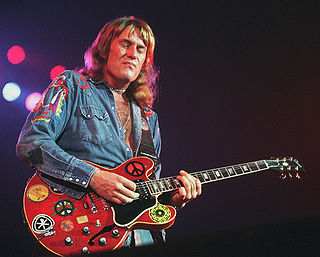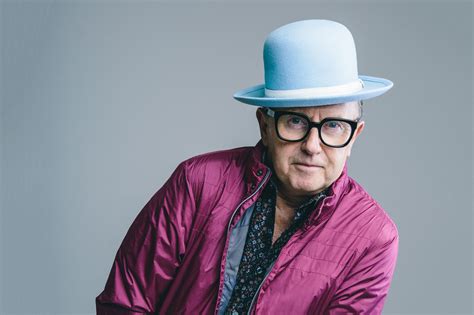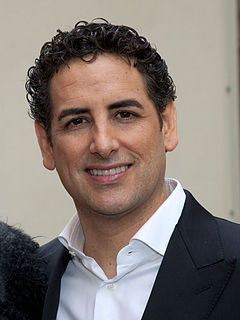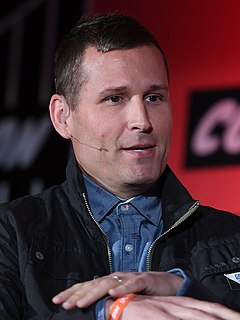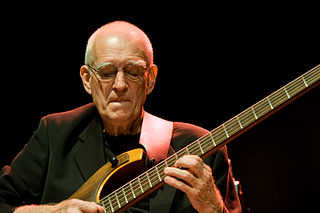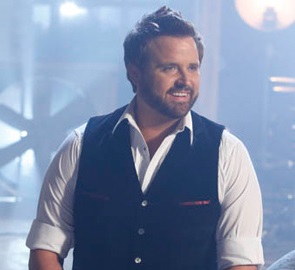A Quote by Richard Corliss
Casey Kasem not only played the music of the stars, he also reached the sunniest-sounding celebrity on his very own. Listening to him on the radio, you could hear America smiling.
Related Quotes
They are going to be playing Shaggy and Scooby-Doo for eons and eons, and they're going to forget Casey Kasem - unless they happen to step on his star on the Hollywood Walk of Fame. I'll be one of those guys people say, 'Who's that?' about. And someone else will say, 'He's just some guy who used to be on the radio.'
In the mid-'60s, AM radio, pop radio, was just this incredible thing that played all kinds of music... You could hear Frank Sinatra right into the Yardbirds. The Beatles into Dean Martin. It was this amazing thing, and I miss it, in a way, because music has become so compartmentalized now, but in those days, it was all right in one spot.
I knew it straight away when Twitter first came around, and also Facebook, where it was so easy to post, that this was another way to speak directly with people listening to my music. If they found my music and they like it, most likely they want to hear more from me and hear what I'm about. I've put an enormous amount of time into that and it's played out well for me.
My brother was listening to his transistor radio. He kept switching the earpiece from one ear to the other, which I thought was his idea of a joke. 'You can't do that,' I said. 'You can only hear out of one ear.' 'No, I can hear out of both,' he answered. And that was how I discovered I was deaf in my right ear.
Partisans present some of the most refreshing music I've heard in a long while, uncompromising, very well written and very well played. It demands serious attention. I hear in these players a sense of common purpose and resolve, and a strong command of a dialect uniquely suited to this music. It's heartening to hear music that looks to find its own particular place.
When you're listening to radio and hear the same 20 songs over and over and over, you want a break from it. Sometimes you don't want to hear something that sounds just like everything else on the radio. Eventually, if you hear the same sounds and the same musicians and the same mixes and all of that, it will start to sound like elevator music.
And of course, FDR was very charming. At 6'2", he was tall enough to be her beau, and they made a beautiful couple. And she could encourage him. His mother also encouraged him. So this notion of a woman with ideas of her own and a spirit of her own and a style of her own was very congenial to Franklin. And he loved her. And their romance was a very dear and true and deep romance.


